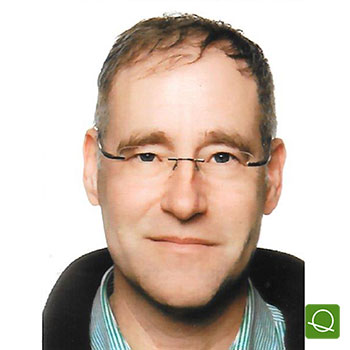Genotoxic Impurities in
Pharmaceuticals Summit 2019
GTI strategies & new methodologies: analysis, in silico & regulations. Challenges & opportunities.
- 11 Apr 2019
- Berlin, DE
- Pharma
Day 1: Thursday, 11 April 2019
CASE STUDY: Screening and control of genotoxic impurities – An analytical approach.
A variety of process materials and reactive compounds are involved in the synthesis of pharmaceutical products. As a consequence, residues of such compounds and related degradation products can later be found as drug impurities in API and final formulation Some of those impurities are known to be mutagenic with the potential to cause adverse effects on the human body even when only present at trace level concentrations.
The detection, quantification and evaluation of such impurities is important but can be very challenging since matrix effects often discriminate these compounds. In many cases the route of synthesis allows to predict potential impurities. However, in other cases unexpected genotoxic compounds may be an issue since predictability is limited due to complexity of processes and formulations.
In our presentation we highlight the analytical challenges and propose possible solutions:
- Sources for known and unknown genotoxic impurities
- Reasonable analytical control strategy
- General Screening - choosing the right techniques
- Structure elucidation and quantifications of GI in complex matrices
- Validation and routine monitoring
Case studies and examples
View Details


